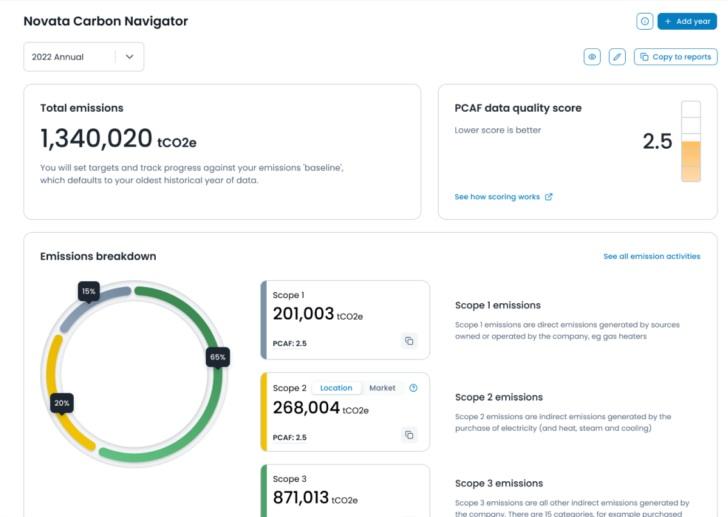Benchmark Gensuite Launches New Solution to Measure, Address Climate Risks in Operations and Supply Chains
Environmental Health & Safety (EHS) and sustainability platform provider Benchmark Gensuite announced the launch of its new Sustainability and Climate Risk Management Solution, a new software solution aimed at enabling companies to identify, quantify, and mitigate climate-related risks across global operations and supply chains.
The new solution was launched in partnership with GIST Impact, a provider of data and analytics solutions aimed at helping companies and investors measure their environmental and social impacts, using data-based intelligence with location-specific impact data covering more than 18,000 companies.
According to Benchmark Gensuite, using science-based datasets from GIST Impact, the new solution will enable organizations to assess physical and transition risks, drawing on data from sources including NASA, NOAA, and WRI.
Key features of the climate-risk solution include risk data collection across physical and operations inputs from 18 climate risk layers and more than 3 million mapped assets, risk profiling accounting for site-specific sensitivities and vulnerabilities, scenario-based forward risk modelling using IPCC, IEA, and NGFS pathways, risk scoring and heatmapping to highlight risk-prone locations within an asset portfolio, scenario-based planning and mitigation design, as well as integrated reporting and monitoring, with the ability to generate dashboards, reports and disclosures aligned with frameworks and standards including CSRD, IFRS S2, and CDP, in addition to insurance and investor requirements.
Benchmark Gensuite added that the new solution supports regulatory alignment with CSRD, TNFD, IFRS S2, CDP, and the EU Taxonomy.
Peter Walsh, Senior Director of Sustainability and ESG Digital Solutions at Benchmark Gensuite, said:
“This solution brings together science, technology, and business value. It empowers organizations to move beyond compliance and into proactive climate risk management—backed by real, science-based data and industry best practices.”





